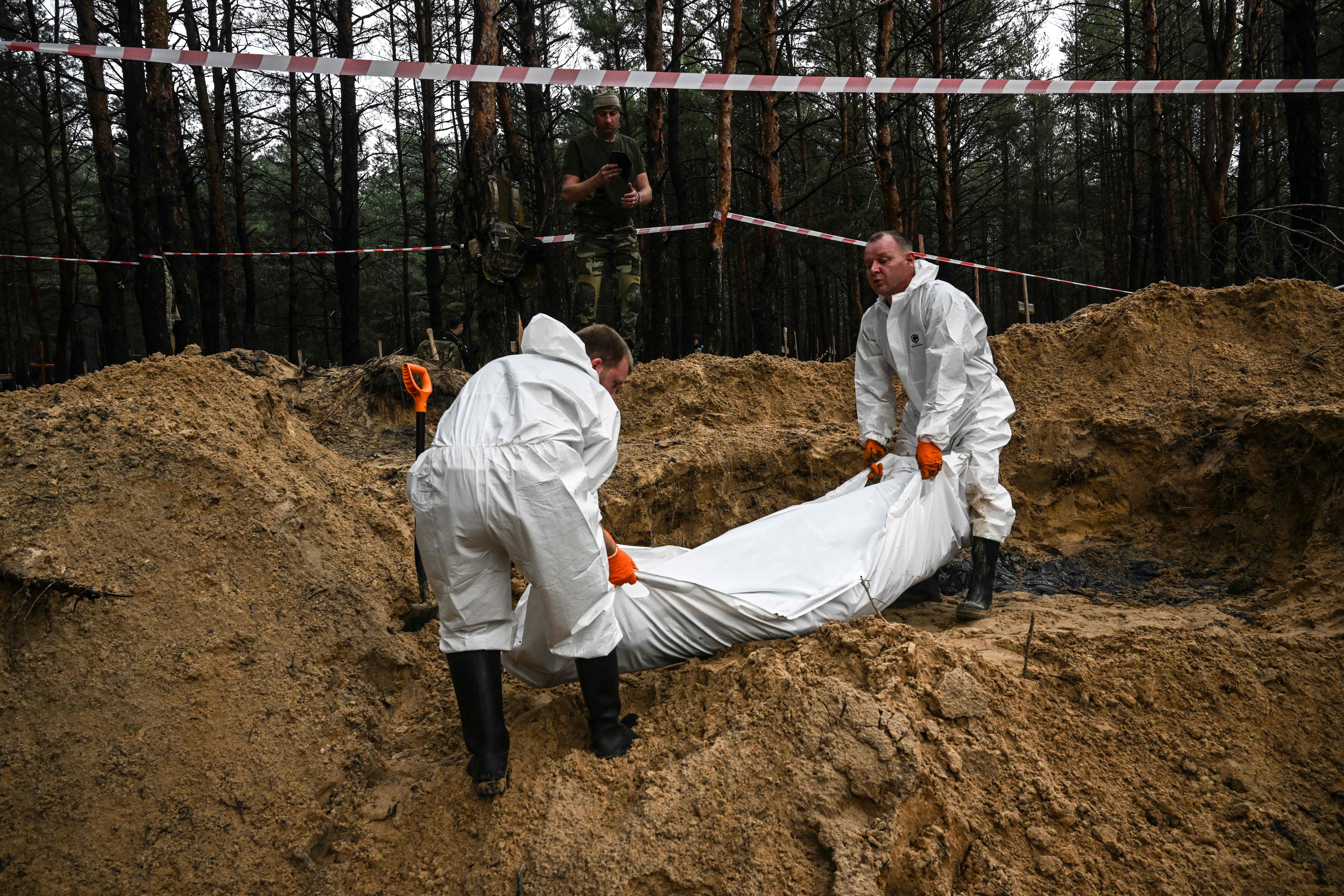Media: Identities confirmed of more than 50,000 Russians killed in Ukraine

The BBC's Russian service, along with the Russian independent media outlet Mediazona, confirmed on April 5 the identities of more than 50,000 Russian soldiers killed in Ukraine since the beginning of the full-scale war.
The research, using open-source analysis, only cites those confirmed as being killed, thus almost certainly undercounting the real total. The BBC estimated the true figure likely surpasses 100,000.
The figure also does not include soldiers from Russian-occupied territories of Ukraine. According to the BBC's research, around 23,400 soldiers from Russian-occupied Donetsk and Luhansk oblasts have been killed, bringing the total of confirmed deaths to close to 75,000.
At the end of March, Mediazona confirmed the identities of 49,281 Russian soldiers killed since February 2022.
Total estimates of Russia's casualties since the full-scale invasion vary widely.
In a joint study with independent Russian media outlet Meduza released in February 2024, Mediazona reported that at least 83,000 Russian soldiers had been killed in Russia's war.
President Volodymyr Zelensky claimed in February 2024 that 180,000 Russians had been killed in the war. He added that 31,000 Ukrainian soldiers were also killed. Zelensky said that the exact number is unknown, and it would only be possible to find out once the territories occupied by Russia were liberated.
According to the BBC, at least 43% of those confirmed as being killed were not associated with the army before February 2022, adding that the total could be as high as 70%.
Among those confirmed as killed were the names of 101 conscripts, who are not allowed by law to fight abroad.
In total, the BBC said that 18% of those killed were prisoners, 13% were soldiers who joined voluntarily, and 12% were mobilized.
The highest proportion of deaths as a percentage of the population came from regions far from Moscow and St. Petersburg. The highest was from Tuva, a republic in southern Siberia, followed by Buryatia, also in Siberia, and the Nenets Autonomous Okrug in Russia's Arctic.
Tuva's population is overwhelmingly ethnic Tuvan, while Buryatia and Nenets have significant non-ethnic Russian populations.
There have been widespread claims that Russia is disproportionately mobilizing ethnic minorities to fight in Ukraine.












